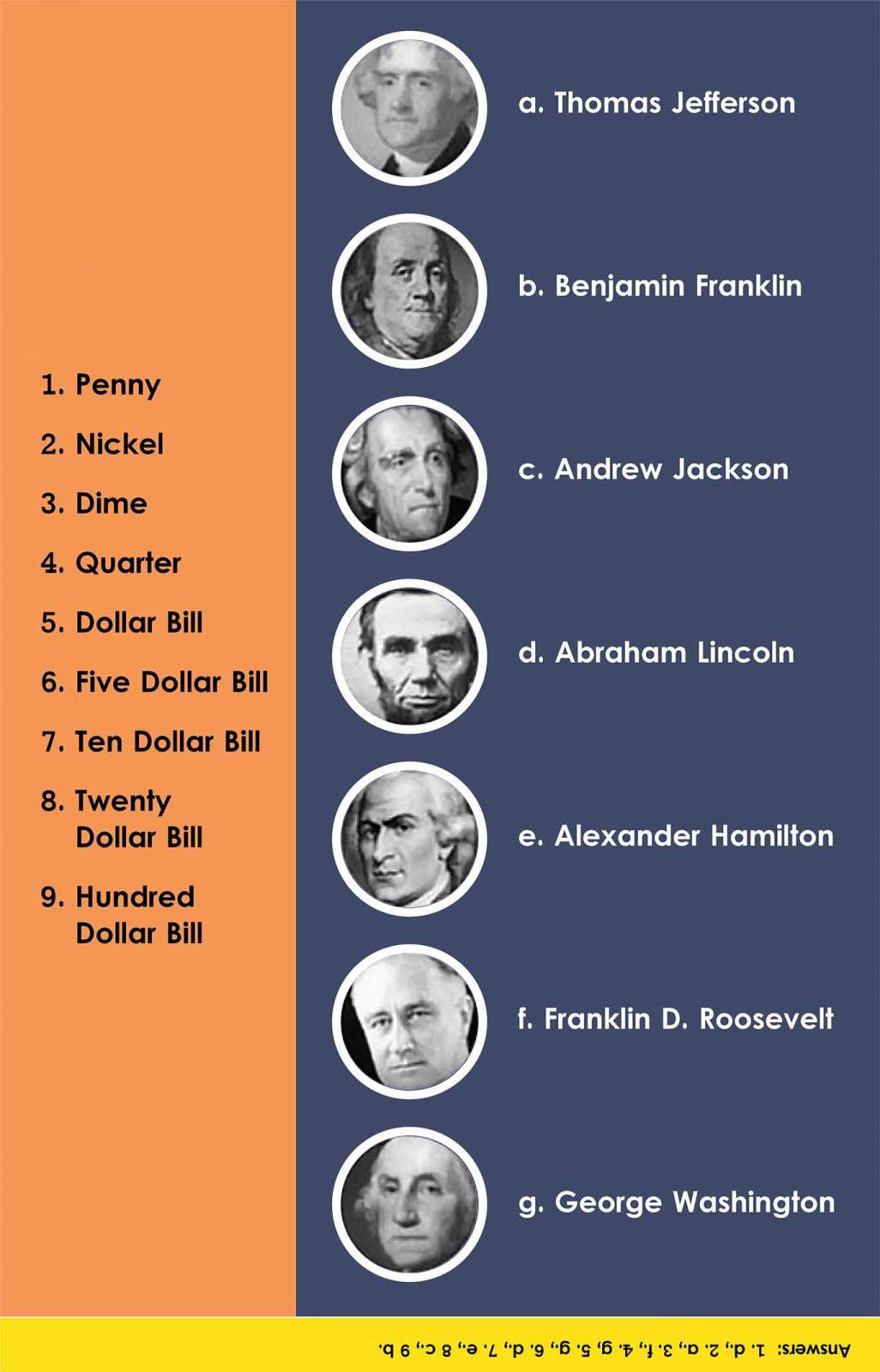If you were a latchkey kid, I dedicate this to you.
Congratulations, Generation X. It appears you’ve figured out all your money conundrums. If you were born somewhere between the mid-1960s and 1980, you must now have plenty of savings, no debt and a robust retirement plan.
No?
Of course not. But it seems as though the financial advice community is mainly focused on helping Millennials and Generation Z, those who were born after 1980. And then there’s the older generation of Baby Boomers, born between 1946 and 1964, who receive a notable amount of attention from websites and books as they navigate retirement and the maze of Medicare.
Wedged in between, Gen X (of which I consider myself a proud member) has been somewhat overlooked. If you’re a person of color within this demographic, you may feel flat-out ignored. I know this because I’m part of the problem. My work doesn’t always emphasize the financial needs of Americans in their 40s and 50s. When I have highlighted this cohort on my podcast or in articles, I notice an uptick in engagement and a few more “thank-yous.”
On the one hand, Gen X has managed to keep its head above financial water more so than older and younger generations. Between 2007 and 2010, after the real estate bubble burst, Gen X’s median net worth dropped by 38%, and baby boomer households saw their wealth decline 26%, according to Pew Research.
In its aftermath, some Gen Xers fortunate enough to hold on to assets and continue working were able to recoup losses — and more — well ahead of retirement.
We paid less for college, too. In 1995, the average annual cost to attend a four-year institution would come out to a little more than $10,000, compared to $28,000 today. And chances are, we didn’t enter a deep recession upon graduating.
Still, the journey has been anything but linear for members of Generation X. Though we may not need as much advice on how to consolidate our student loans, life events and responsibilities — getting married or divorced, raising kids or not, taking care of aging parents and more — leave many in this demographic struggling at critical junctures.
We could use some tailored financial advice and outside-the-box strategies.
“We are really at the moment in our careers and our lives where everything is happening, whether that is in our jobs, in our relationships … I don’t want to be a downer but… it’s a lot,” says publisher Margit Detweiler. Detweiler is the founder of TueNight.com, a storytelling platform for, as she describes it, “grown ass Gen X women.”
Financial advice for my Gen X peers could span several books, so I thought I’d start with these five steps and promise to dedicate more coverage in the future.
1. Career:
Not too late to ramp it up
If you’ve been climbing in your career for a decade or two and wondering what’s next, be inspired by the many examples of individuals who made big leaps in their careers or pivoted to entrepreneurship in their 40s and 50s.
While Gen X is currently experiencing its prime earning years, the best may be yet to come. Julia Child, for example, wrote her first cookbook, Mastering the Art of French Cooking, at age 49, following years in the advertising profession. Viola Davis spent decades working as a performer before her career soared in her early 40s, when she starred in the film Doubt and was nominated for an Academy Award for her role.
2. Retirement:
Turbocharge savings
Don’t kill the messenger, but some investment firms suggest having roughly three times your annual salary saved in a retirement account by 40. By age 50, that recommended factor jumps to five. This may feel like an outrageous sum to achieve, but it’s fair to say that the onus of saving for retirement is squarely on the individual these days. With the extinction of pensions (for the most part) and uncertainty hanging around the fate of Social Security, it’s never been more critical to save for our future.
If you have access to a workplace retirement account like a 401(k) and have reached age 50, know that you can play some catch-up by contributing an extra $6,500 this year. IRA savers ages 50 and older can invest an additional $1,000.
Finally, this may be a good time to rethink your retirement age. If you had to work part-time or full-time throughout your 60s and into your 70s, what would be your ideal role? Some early strategic planning is never a bad thing.
3. Debt:
Don’t worry about paying off your mortgage
The idea of retiring without a mortgage sounds relieving, but in actuality, it may mean making extra payments every year to get there. Is it worth it? If you have many financial goals competing for your attention right now — from saving for retirement to putting a child through college or supporting an aging parent — then don’t worry right now about paying down your mortgage (which likely carries a low-interest rate). Focus on the financial moves that will produce a higher rate of return such as investing or ones that are more immediate in nature.
4. Family finances:
Crack the money talk with your parents. It may be awkward to talk about money with our parents, but it can be beneficial for both parties.
When she joined me on my podcast, Cameron Huddleston, author of Mom and Dad, We Need to Talk, opened up about her mother’s battle with Alzheimer’s and how she wished she’d discussed money with her mom before the diagnosis. “When I saw that she was having trouble with her memory, suddenly, it was no longer a what-if type of conversation. It was, ‘Oh, my gosh. This is happening. What are we going to do?’ This is why people need to have these conversations sooner rather than later … so that they can be talking about hypothetical situations. Not: ‘We’re in the thick of it now. It’s an emergency. Emotions are running high. How do we deal with this?'”
A wise way to start the conversation, says Huddleston, is to use a personal story of someone you know who went through hard times because they didn’t talk about money with a parent. At this stage in life, “you’re bound to know someone who has already started dealing with issues,” she says.
The most important details to review, Huddleston suggests, are whether they have a will or a living trust, and whether your parents have named a power of attorney, someone who can step in to make financial decisions if they are unable to do so.
5. Kids’ college:
You’re not a bad parent if you don’t pay for it. Really, you’re not. If your child is college-bound and you haven’t saved for this expense, do what you can. But also remember that there’s a great deal student can do on their own to alleviate the cost burden. Sacrificing your own retirement or pulling from emergency savings, while tempting, may come back to haunt you — and your grown-up child — if you have a hard time replenishing those funds down the road.
A critical part of college planning is discussing all the affordable pathways with your child — and there are many, such as merit scholarships and grants, work-study programs, attending a local community college first, working part-time to afford the college credits, or considering a career where student loan forgiveness is a potential option. And remember, college may not be the ideal path for everyone. Vocational school, coding bootcamps, and apprenticeships are all valid alternatives these days.
If your child is still a ways away from college, consider the following: Open a 529 college savings account where your money can compound, and, depending on your state, you can receive a tax break.
Torabi, F. (n.d.). Generation X, I see you: 5 pieces of financial advice for a forgotten generation. CNET. Retrieved February 4, 2022, from https://www.cnet.com/personal-finance/generation-x-i-see-you-5-pieces-of-financial-advice-for-a-forgotten-generation/







